Originally published on SolPurpose.com
This rant started as part of a discussion about The Bloom Series, a documentary project chronicling the culture of “transformational festivals,” following a screening of its first installment in Austin, Texas. I have dedicated years of my life to the aims and values of this culture, and yet cannot feel the conversation is complete without acknowledging that the very existence of transformational festivals poses as much of a problem as a solution.
Feel free to weigh in with your own comments below or at the original post on my Facebook profile.
They say that you can judge a society by how it treats its children and its elderly, its criminals and its insane – the people who do not “produce” for the community.
By the same coin I think we can learn a lot about who we are as people by looking at the ways we come together in celebration – how it is that we engage these acts that modernity tells us are “superfluous,” these supposed luxuries. (Never mind for a moment that science supports a different understanding: that coming together in play appears to be necessary for our health and sanity as individuals and as communities, and that you can live longer without water than you can without dreaming).
The very fact that we (on the whole – our society, which shapes us more than we care to admit) see festivals as an “escape” or as a “peak experience” points to how severely dissociated we are from ourselves. We don’t pay what it actually costs for a meal or a gallon of gasoline, if we were to quantify all of the “services” that our ecosystems provide the economy; we spend most of our time acting as if we are deliberate conscious agents, when we know for a fact that 99% of decision-making in the brain occurs before conscious awareness (We can watch it on a live brain scan!); and we ignore the suffering of migrant workers, offshore sweat shops, factory farm animals, and even domestic cubicle zombies upon which this entire house of cards is perched.
This societal shadow is the macrocosm, and the microcosm is our own dissociation from ourselves – from the rhythms of our own bodies, from the intelligence of our intestinal germs, from the repressed pre-conscious urges and trans-conscious insights that make up the overwhelming majority of our experience as human beings.
We must be careful not to commodify the experience of profound vulnerable creativity available to us in the context of a “transformational festival.” I don’t mean that money shouldn’t change hands for these events to happen, or that we are even capable of extracting ourselves from our economy – any more than a gay fundamentalist can escape his own sexuality – and in fact, it is our attempts to do so that will make us such blessed fools in the eyes of future generations who do not recognize our sad distinctions between individual and collective, work and play, business and worship. (Blood is both, and follows the pulse).
We are the “products” of our environments – and so we feel the need to carve out “sacred space” in these temporary vesicles of fringe culture, then go home and grieve in the “default world” like acidheads groping for the wisps of fading insight. (Or just never come home, Neverland style, Burning Man as lifestyle brand).
But one day, these island communities and temporary autonomous zones will be embraced just as think-tanks and skunkworks are embraced today by corporate research culture – not as escape valves, but as necessary species in the planetary ecology of mind, in which diversity means robustness and the islands are seen to connect, after all, to the mainland, beneath the waves.
In his book New Rules For The New Economy, Kevin Kelly says that we will not live in the age of computers until computers have become part of the invisible background of our lives, a public utility that we only notice when it breaks. In the same way, we will only arrive in the Age of Festivals when we are no longer talking about festivals. When our lives are so characterized by the integration of “sacred” and “profane” that we no longer feel the need to discuss these things, that we learn the song so deeply our hands can play it on their own (…or, more accurately, when we no longer speak of our hands in the third person, but simply play the song, artist and instrument and audience all one thing, exploring its own fluid and mysterious depths).
But, you know, real transformation means meeting your animal body, stepping into the underworld, and letting go of our hard-won boundaries long enough for something to reshape. Just like lifting weights or sitting in a sweat lodge, participation in truly transformational festivals – however much they may present themselves as hedonistic celebrations – require a sacrifice of whomever we thought we were. To travel and to never open our eyes to the unfamiliar is no better than to never have traveled at all. In fact it is worse: for we can delay transformation, but we cannot outrun it, and that which we repress springs back violently, instead. (Dinosaurs and electric fences).
It is my hope in this accelerating age that we all become more comfortable with the discomfort needed to merely keep pace – that we become master transformers, all of us, ever learning, ever discovering, never settled fully into who we think we are. Our idea of doing in the world must move from one of control to one of collaboration in something always-greater-than. It is ironic that we must realize how a-part we are in order to feel complete; but it seems to me here now that this is our only chance at the wholeness we build festivals to seek.
For now, “transformational festivals” are a necessary bridge between phases, a state of partial alienation and disenfranchisement. And that’s okay. It’s an improvement. Culture is transmitted from person to person, and in the words of William Gibson, “The future is here already – it’s just not evenly distributed.” Nonetheless, we must not forget that the peak experiences they engender are not an end unto themselves. The true and only worthy goal is a world at peace with itself.
– ATX, 9 April 2013
Images © Micah Daigle (CollectiveAgency.us) & Adam Scott Miller (AdamScottMiller.com)
Watch Overview on vimeo. This amazing short film oughta’ set anyone straight.
****************************************************************************************
Paleontologist turned “performance philosopher,” Michael Garfield’s ecodelic explorations map the evolutionary landscape and our place in it. Empowering others through a transmedia life-as-art project combining adventurous acoustic-electronic music, live painting, and techgnostic evangelism for planetary civilization, Michael lives as a reminder that everything is equally art, science, and spiritual practice. Follow his work & play at MichaelGarfield.net.

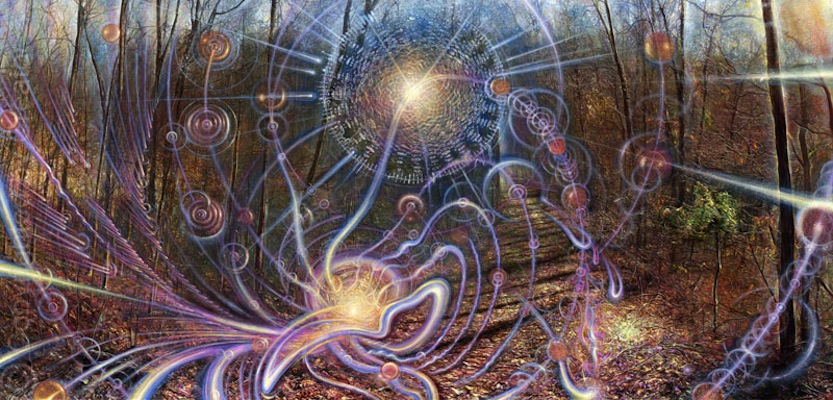
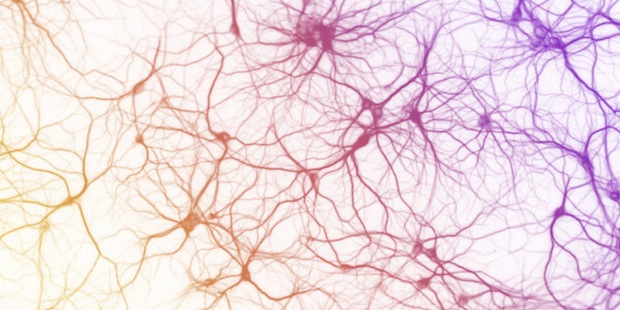
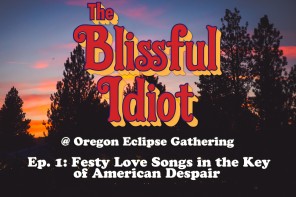
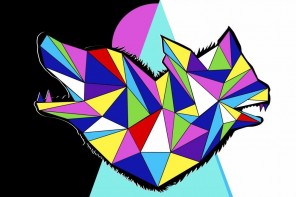
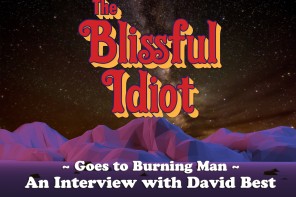
I know that this is an old post, and I don’t even remember how I changed upon it, but as a fellow explorer into reality, I can say two things that will be of use: 1) The free expression of love and harmony between people within a festival are among the highest bliss experiences that one can have, and 2) Illusion is a virus within our consciousness, and in these places of sacred unity, we still have selves, and all of us will something. The will that we bring influences our reality such that what we perceive in our experience is naught but an illusion of the world that we decide to share.
As such, I am uncomfortable at these events. I can rip,my mind open and spill it everywhere, but once I do, my experience becomes my own playground. I dream this world, as do all of you. Still, we are all but dream characters, in a larger sense.
The problems of the world are great, and with collaboration and creativity, we can work through them, but we cannot ignore them.
That is key. You spoke of escapism, and that is The Heart of It.
Good article.